There’re so many chengyu (成语 chéngyǔ), or idioms, in Chinese language! Even if you study the language for several years, there’re still so many idioms you still don’t know. Today, we are going to look at four chengyu that have one thing in common: they all use dogs as a metaphor!
Ready? Let’s explore!
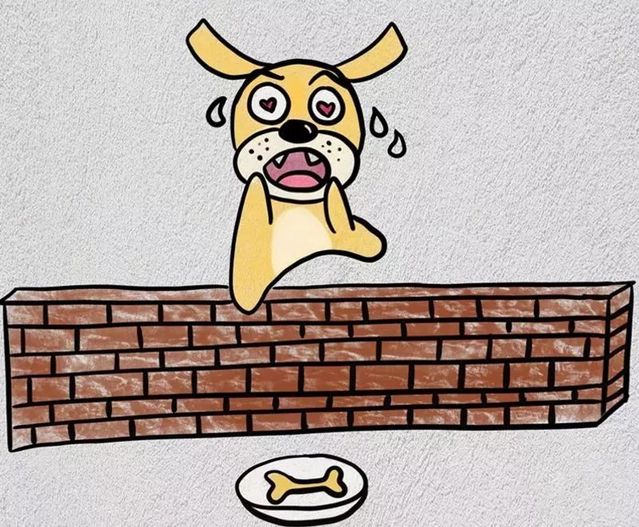
From sohu.com
1. 狗急跳墙 (Gǒu jí tiào qiáng)
狗 (gǒu) means “dog”, 急 (jí) is “urgent, quickly” or “pressing”, 跳 (tiào) means “to jump” and 墙 (qiáng) is “wall”.
Literally it means: a desperate dog tries to jump over the wall.
We all know that a cornered beast always acts desperately. So as humans. That’s why the figurative meaning of this 成语 is: to be driven to desperate action. When we are in desperate situation, feeling cornered, without a possible ways out, if we desperately want something and there’s no other way to get it – we always act unpredictably. ”Despair gives courage to a coward”. Even a dog can jump over the wall. Even a person can do amazing things when they’re desperate.
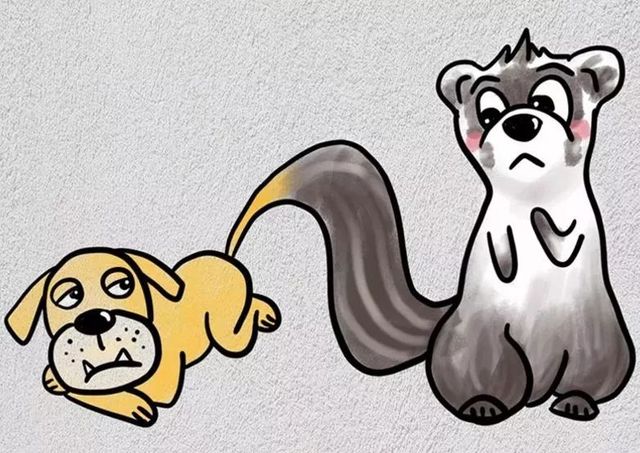
From sohu.com
2. 狗尾续貂 (Gǒuwěi xùdiāo)
狗 (gǒu) means “dog”, 尾 (wěi) is “tail”, 续 (xù) has lots of meanings, but here it means “to add”, and 貂 (diāo) is “sable”.
The literal meaning is “to add a dog’s tail to the sable coat” or “to use a dog’s tail as a substitute for sable fur”.
Everyone knows that sable fur is really expensive and sable fur coats are renowned for it’s high quality. But what will happen if you add dog fur to sable fur? You’ll ruin it’s quality and add something really worthless to what is already perfect. That’s the figurative meaning of this 成语.
It means: “to make an unworthy continuation of a great work”.
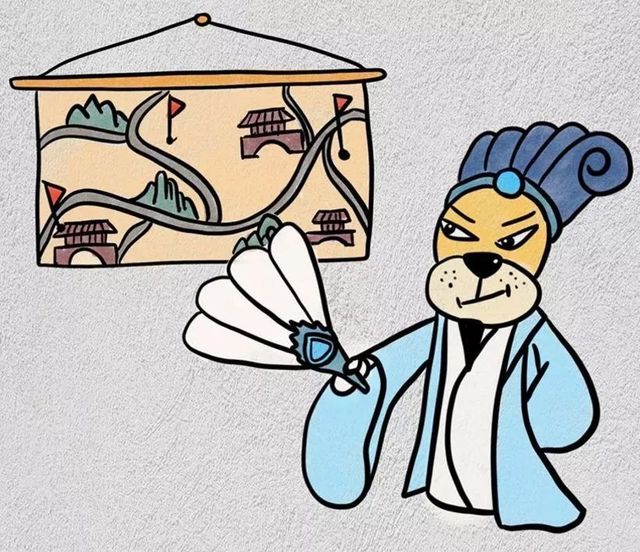
From sohu.com
狗头军师 (gǒutóu jūnshī)
狗 (gǒu) means “dog”, 头 (tóu) is “head”, 军师 (jūnshī) is “military counsellor”
So, literally, it means “an adviser with a dog’s head”.
Now this 成语 is used with a negative connotation, means that someone is a good-for-nothing adviser and always offers bad advice. But in ancient times, it was just a title for an emperor’s counselor. Moreover, this “dog’ head” is a reference too. There were mystical creatures with a dog’s head and a human body in Chinese mythology. So, when the emperor says he wants someone to be his “狗头军师”, he just wants him to be a counselor. Now this 成语 has a negative meaning. No one knows why.
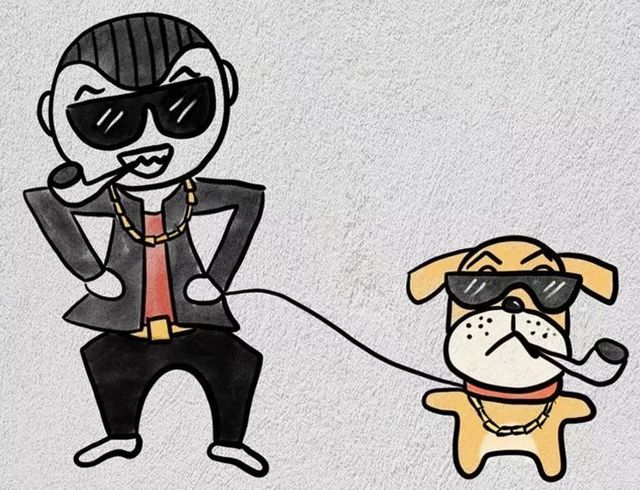
From sohu.com
狗仗人势 (Gǒu zhàng rén shì)
狗 (gǒu) means “dog”, 仗 (zhàng) here means “to rely on”, 人 (rén) is “human” and 势 (shì) means “power and authority”.
The literal meaning is “a dog threatening other people on the strength of its master’s power”.
How often do we see this? Some bullies, hiding behind the higher authority. We can see it not only in movies, but in the real life too, when a kids do nasty things and then hiding behind their parent’s back. So the figurative meaning of this 成语 is “to use one’s position to bully others”.
[If you like this post, you can also have a look at out article about Chinese Characters Made of 3 Identical Radicals]
How many of this 成语 did you know? And maybe you know more? For this amazing arts – thanks to one unknown Chinese artist!
Share your thoughts in comments – or tweet us at @thatsmandarin!


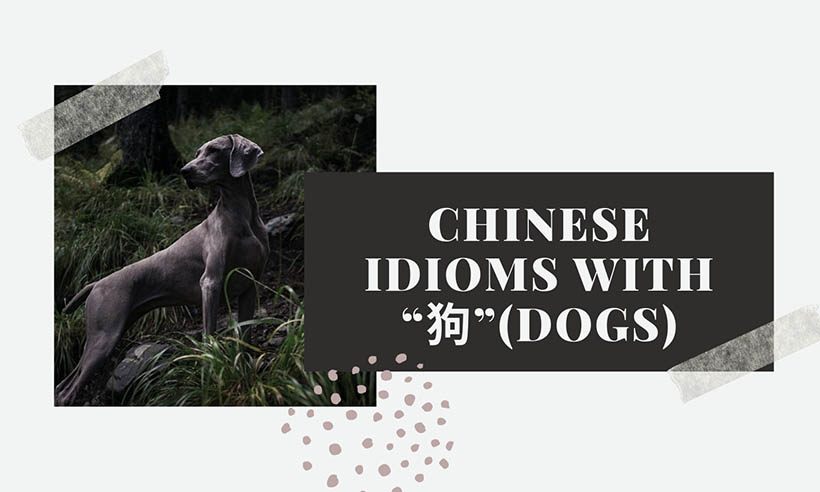


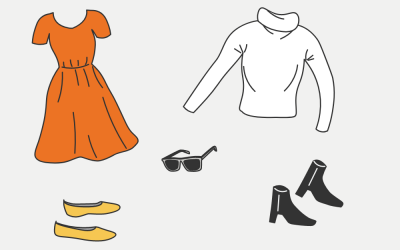



0 Comments
Trackbacks/Pingbacks